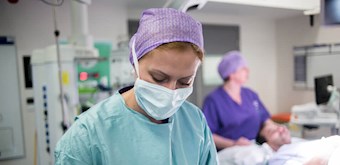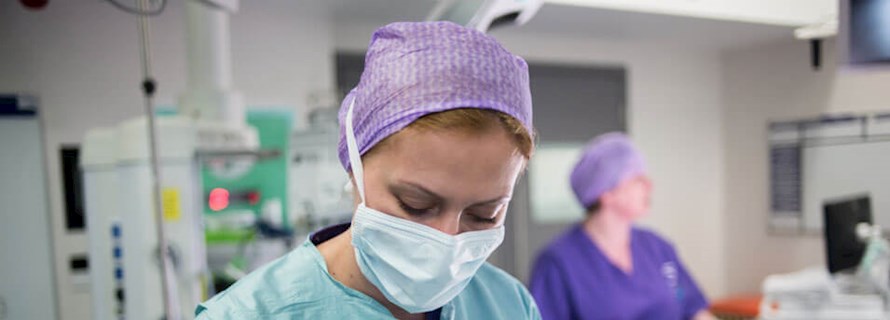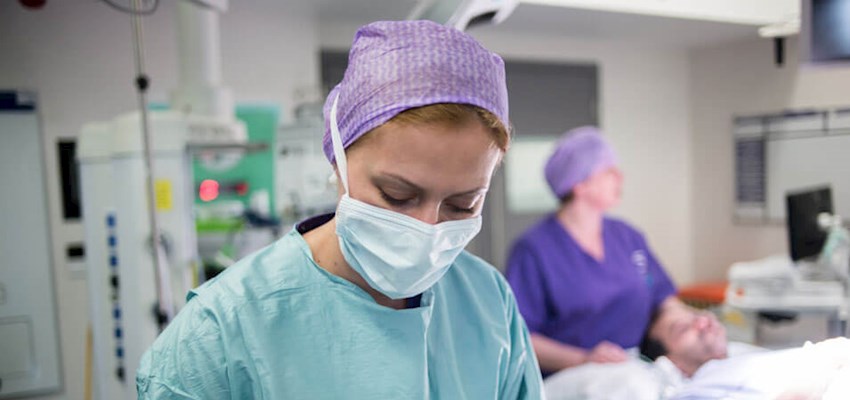Diverticular disease
Small bulges in your intestine lining
If you're experiencing pain in your lower stomach, you may have diverticular disease — we can help
What is diverticular disease
Need to know
-
What are the symptoms of divertular disease? icon plus
More often than not, these bulges won't cause any problems. If they do, your symptoms might include:
- occasional pain in the lower left side of your tummy
- constipation
- diarrhoea
- bloating
- mucus in your faeces
Sometimes, the bulges can become infected and inflamed. This is called diverticulitis. As a result, you may experience constant tummy pain, a high temperature, blood in your poo and vomiting.
-
How is diverticular disease diagnosis? icon plus
Divertiular disease can have similar symptoms to other conditions, including irritable bowel syndrome (IBS), coeliac disease and bowel cancer. So it's important to rule these out. Your GP will discuss your symptoms with you to make a diagnosis. They may also carry out tests at a later date, including:
- blood tests
- colonoscopy (inserting a camera into your back passage to examine your bowel)
- CT scan (creating detailed images of your bowel)
-
Diverticular disease treatment options icon plus
Quite often, the symptoms of diverticulitar disease can be eased by eating more fibre and drinking more fluids. In other cases, your consultant may prescribed laxatives to help with constipation or diarrhoea.
If you've been diagnosed with diverticulitis, your GP or consultant may prescribed antibiotics to get rid of the infection. Surgery is rarely required with divertiular disease.
If it is, your GP or consultant will discuss your options with you. This might include a colostomy (which involves removing the affected part of your large intestine) or a colostomy (which involves diverting one end of your bowel).
Our gastroenterologists




Our locations
From complex gastric surgery to investigative test and procedures, we provide exceptional care across our network of hospitals, outpatient centres and specialist clinics.
Book an appointment
Our team can help with any enquiries or you can make an appointment with one of our experienced consultants.
Call us today
020 7079 4344